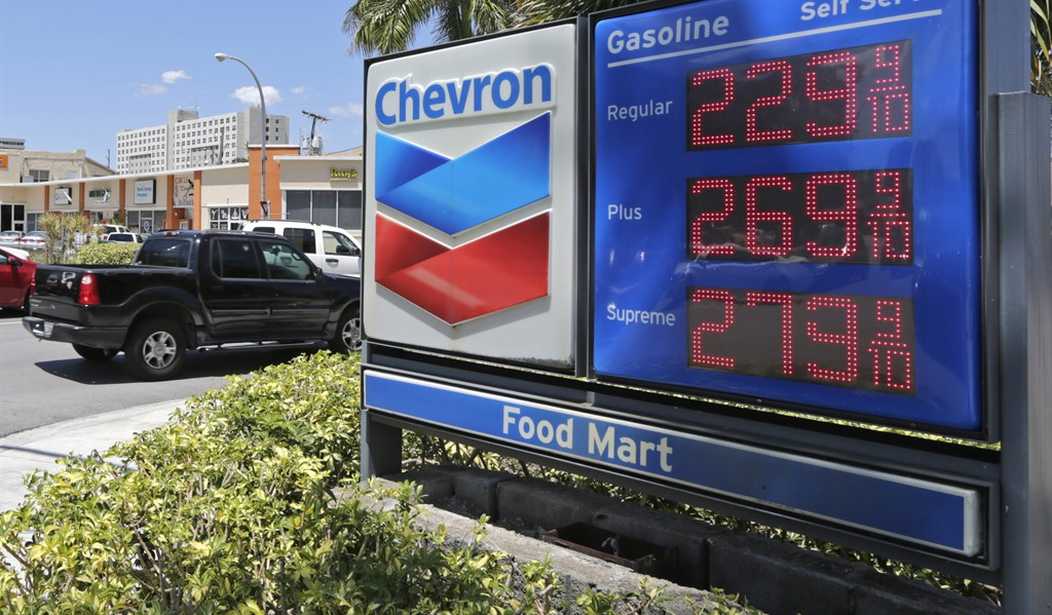One of the eeriest scenes from the early days of the pandemic lockdowns was the emptiness of the roads. I remember marveling at photos taken during what should have been rush hour in the center of Manhattan. The streets were almost empty of vehicular traffic and there weren’t many pedestrians either. It was like something out of a post-apocalypse movie. As time went by, people noticed that the smog levels in Los Angeles were dropping and the stars seemed a bit brighter at night. This led some hopeful green energy advocates to suggest that these obvious changes might inspire both the general population and the government to push for a more rapid and complete transition to electric vehicles when the country returned to “normal.”
Well, so much for that, sports fans. The latest reports from both the Federal Highway Administration and the Energy Information Administration inform us that traffic volume has returned to within 5% of pre-pandemic levels. And those aren’t all electric cars, folks because the demand for gasoline has surged correspondingly to just 3% below the averages seen at this time of year from 2015 to 2019. In other words, the pumps are pumping and the drilling rigs are going to need to step up to the plate and keep up with this demand. (Reuters)
The volume of traffic on all roads was down by less than 4% in March compared with the same month two years ago, according to the Federal Highway Administration (“Traffic volume trends” FHWA, March 2021).
Traffic levels had been down 41% in April 2020 at the height of the first wave of the pandemic and were still down 11% as recently as December 2020 during the second wave…
Refinery gasoline production is down by just 3% compared with the five years from 2015 to 2019, according to the Energy Information Administration (“Weekly petroleum status report”, EIA, May 19).
Like the driving and consumption deficits, refiners’ gasoline production is likely to reach pre-pandemic levels during the summer.
That raises another question in terms of energy policy under the Biden administration and how might impact both supplies and prices over the course of the summer and beyond. There isn’t going to be a significant replacement of traditional, gasoline-powered cars with electric vehicles overnight. It will take decades. But Joe Biden has already issued executive orders impacting drilling permits. Keep that in mind as we consider this report showing that the oil and gas industry has been steadily bringing oil and natural gas rigs back online for four consecutive weeks. The total rig count stands at 455, well above the record low recorded last August.
U.S. energy firms added oil and natural gas rigs for a fourth week in a row as higher oil prices prompt some drillers to return to the wellpad.
The oil and gas rig count, an early indicator of future output, rose two to 455 in the week to May 21, its highest since April 2020, energy services firm Baker Hughes Co said in its closely followed report on Friday. RIG-USA-BHIRIG-OL-USA-BHIRIG-GS-USA-BHI
The total rig count was up 137 rigs, or 43%, over this time last year. It was also up 86% since falling to a record low of 244 in August 2020, according to Baker Hughes data going back to 1940.
Demand is going to continue to increase. We have the supplies available in the ground to meet that demand and the refining capacity required to process it all. But that’s only if the producers can continue to access the energy, which requires permits. If they keep up, we can keep gas prices at the admirably low prices we’ve enjoyed for most of the past four years. But if that supply chain is disrupted and/or if huge new taxes and fees on gasoline are imposed, you’ll need to prepare to go back to shelling out a lot more money at the pump.
What will Joe Biden’s answer be then? He loves to talk about how he will only tax the very wealthy and the greedy corporations who need to “pay their fair share.” But this is a change that will impact virtually everyone in a big way. The richest people in the country don’t need to worry about how much gas costs, but you do. Think about it.








Join the conversation as a VIP Member